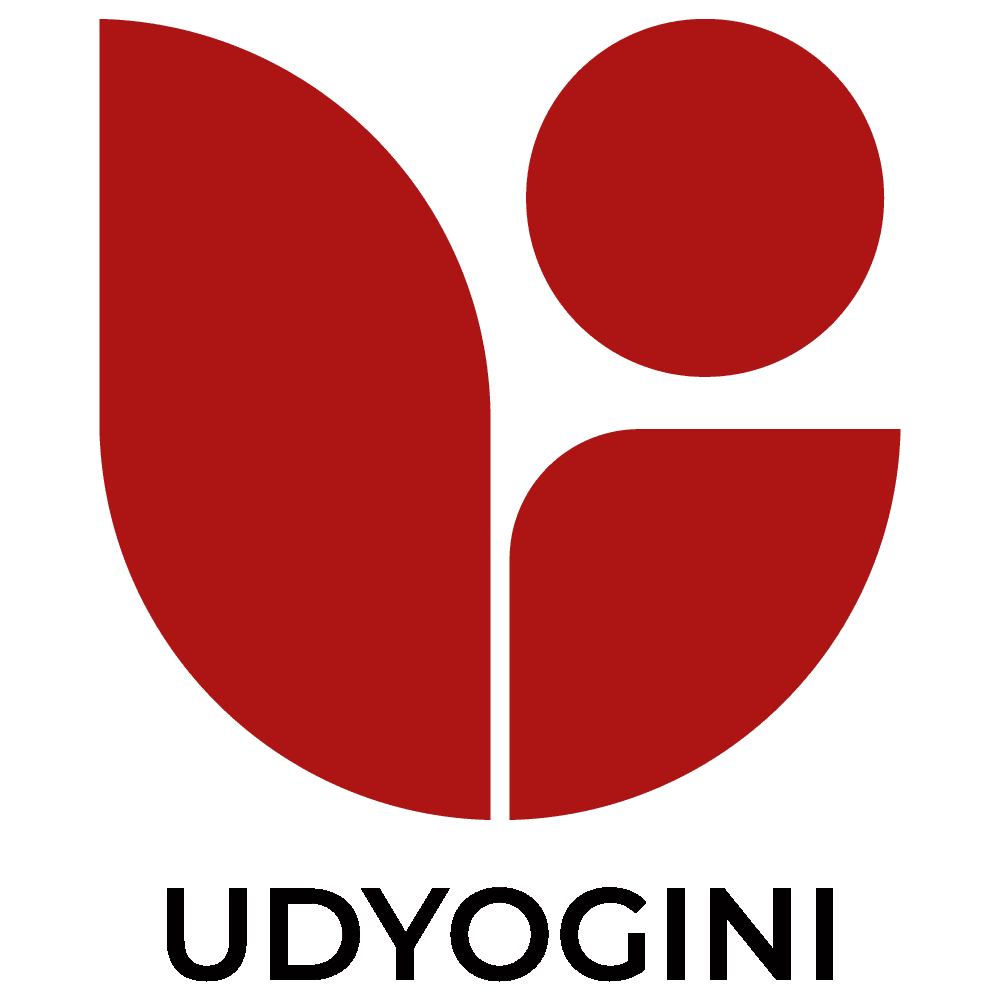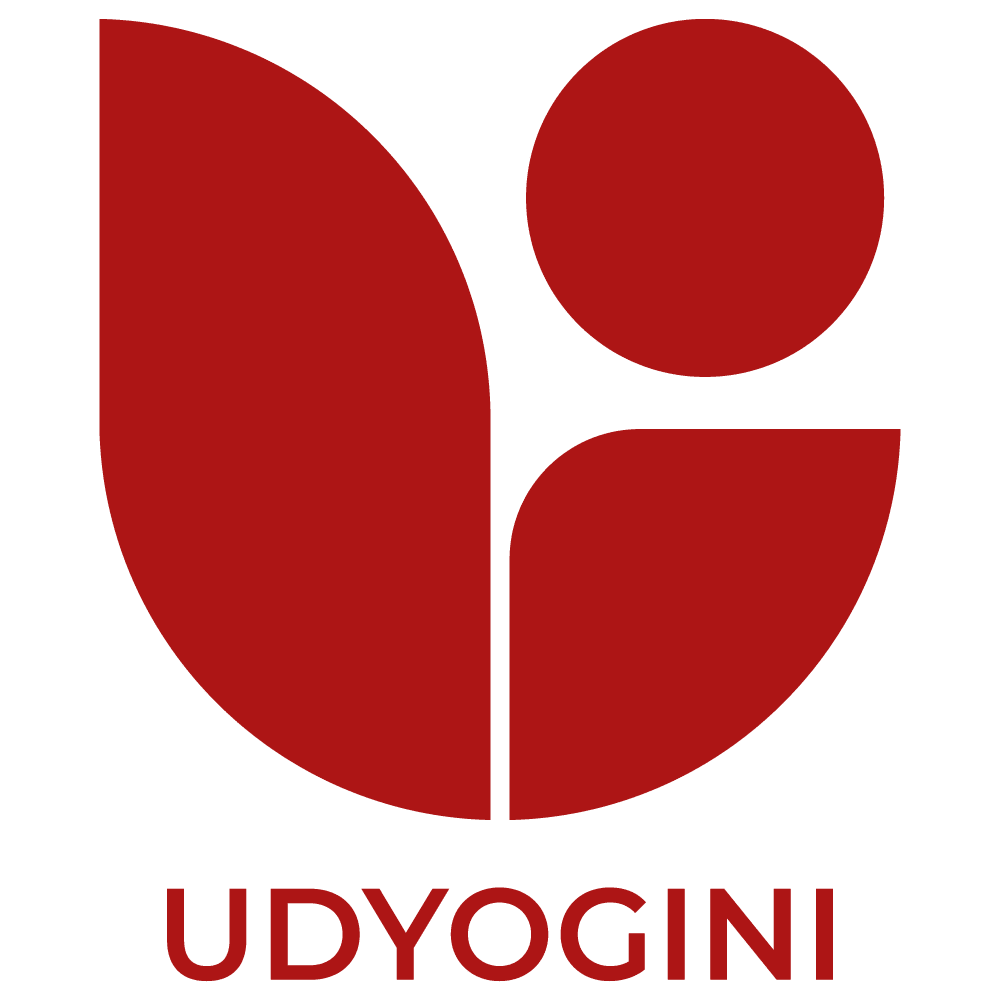Value Chain Intervention
The secret to giving women-led businesses a competitive edge is collaboration and collectivization. These value chains demand careful network development and reinforcement so that all parties involved can profit from one another.
A product often passes through numerous phases before it is delivered to the user, when value-adding activities are carried out (such as logistics, various stages of processing, packaging, marketing, etc.). A raw product is transformed into a final product that is given to the consumer. The participants who add value as the commodity progresses through these stages receive an ever-increasing percentage of the economic worth of the finished output. The rural participant, who often supplies raw materials or commodities, receives the least amount of economic value. Consequently, the rural participant who is exposed to some of the greatest and most unavoidable hazards receives the smallest portion of the economic value.
With 30 years of expertise, Udyogini has been working to bring about gender equality and poverty alleviation by utilising value chains to make markets work for underprivileged women and improve the income earned for all stakeholders by bolstering already-existing community value chains. By recognising and rectifying the potentials throughout the chain to deliver the maximum favourable impact for small producers, traders, and processors, Udyogini believes that the pro-poor and gender-sensitive value chain approach is an efficient and effective way to handle various roadblocks and obstacles in accessing domestic and export markets.
The strategy employed by Udyogini is to make sure that some value-adding processes are moved to the rural area and that the rural recipient contributes to several phases of the value chain. Udyogini helps establish value in the entire chain, from production to end-to-end marketing.
- Due to high input costs, producers are not reaping the full benefits of their products. Udyogini ensures providing training on the best package of practises and building the capacities of producers to understand and adopt ways to minimise input costs.
- Producers would not be able to obtain the optimum benefit due to the involvement of intermediaries from production to marketing, and a significant portion of the profit goes to the middlemen. For the removal of middlemen and better price realisation of the produce, Udyogini encourages collectivization and bulk marketing with proper price negotiation. Bulk marketing not only removes middlemen but also reduces the transportation costs that producers need to bear when selling individually.
- And lastly, by promoting the value addition of the existing (locally available) products, Udyogini builds the capacities of the producers to gain the most benefit out of the product in terms of income and capturing the market outside the local areas. Additionally, we handhold the group or individual in setting up the enterprise of value-added products and backward and forward market linkages until the enterprise reaches sustainability and is ready to run on its own with no dependency on others.
The struggle of women to establish a honey value chain
This is the story of a group of hardworking women from the village of Medha in the Manpur district, which is densely forested and rich in natural resources. People there, like in any other village in Chhattisgarh, engage in various livelihood activities such as agriculture and allied activities. Udyogini did mapping there and discovered a lot of potential in honey collection and processing because honey collection was an old-age practise of the villagers, but they sold it to middlemen without negotiating much for the labour and hard work they invested in collecting the honey and thus could not make a good profit.
A group of ten women was formed for the purpose of value addition and bulk marketing in order to get the most out of products such as honey, tamarind, and mahua. The women obtained permission from the panchayat to use the government’s land to set up the machine for business establishment. The group then purchases wild honey from honey collectors in all nearby villages and sells it in bulk, which is a win-win situation for both the collectors and the group because they never pay less than the MSP determined by the government to the honey collectors, and the group then sells it based on the quality of the produce. They purchased a honey processing machine with the help of Udyogini, but it required an electricity connection to function.
Further, 3-phase electricity has been installed, which costs around INR 1,80,000/-, and they got it at a subsidy of INR 20,000/-. Success never comes easy, and in this case also, it took almost 3 to 4 months, which included rigorous visits to the electricity department.
The efforts put in by the group fetch them an annual turnover of INR 2,50,000 from tamarind, mahua, and wild honey. They started processing honey a few months ago and processed around 150 kg of honey, and they are ready to gain the better income they get after selling it. Together with Udyogini, they are searching for packaging materials for honey to attract a wider audience. The group ties up with some buyers nearby to sell the products at a good price. The women of the group are so happy with the benefits they are getting for believing in new opportunities, which not only benefit them but also the whole village.
As a result, the women not only acquire the skills of negotiating with vendors, financial management, and bulk marketing but also the self-assurance to approach life improvement from a new angle. The groundwork for taking on leadership roles to train more women in their communities and, in the long term, improve more lives connected to them is further laid by this confidence.
An initiative to produce an organic product: herbal tea
Mal village, in the Tharali block, is only 12 kilometres from the main road. The northern part of Mal village is surrounded by woods.
There are 220 households in the village, which has a total population of 540 people. Agriculture employs 85% of the population, animal husbandry employs 40%, wages are earned by 35%, and other activities employ 25%.
Prior to Udyogini’s intervention, 60% of the village’s women were engaged in traditional farming. Women were primarily employed in the MGNREGA programme, cattle feed, and other related fields. The women worked on this routine for nearly nine hours every day.
Udyogini taught village women how to increase their income from herbs by growing aromatic and medicinal plants in 2017 as part of the cultivation programme. In 2018, villagers began growing medicinal and aromatic plants in their barren fields as part of their herbal farming practise.
- Aromatic plant cultivation harvesting, pre-harvest, and post-harvest techniques
- Techniques for drying in the shade and in the sun
- Marketing and packaging
- Register and bank account information upkeep
Maa Sharda Group began working on the value chain in 2020, and the group produced three products: tulsi green tea, rosemary green tea, and lemongrass green tea.
The group’s biggest issue was a lack of high-quality products. The group was informed of the quality control cleaning, sorting, grading, and hygienic storage procedures. The product was initially sold in limited quantities before being marketed in the Badrikedar Cooperative and local markets. As a result, several sources were linked, allowing the groups to market their wares. There were problems with recording sales-related income and expenses, so they received record-keeping training to correct them.
Achievements and positive changes:
- In 2021, the group profited INR 7,000 from the production of tulsi, rosemary, and lemongrass green tea and INR 12,500 from the production of tulsi and rosemary green tea.
- So far, this approach has inspired 22 women to join the group.
- The women in the group have become experts in product formulation and value addition.
- The ladies in the group are pleased with the additional revenue brought in by herbal tea.
- The women can manage their own finances, paperwork, product promotion, and so on.
- Women's market knowledge has now improved.
- Women invest 50% of the group's profit in herbal tea products.
The programme’s value chain-based strategy has had an impact on the entire value chain, allowing households involved in medicinal and aromatic plant cultivation, herbal tea production, product development, refinement, and value addition, as well as marketing and promotion, to broaden their knowledge and skill sets. It has helped to create jobs. It addressed the social, economic, and cultural aspects of the hilly terrain by intentionally cultivating large quantities of rosemary, lemongrass, and basil plants.
The cultivation of medicinal and aromatic plants has increased the value of the local ecology while providing sustainable livelihoods by combining cultivable wastelands and involving local communities in natural resource management, institutional development, and enterprise development.


